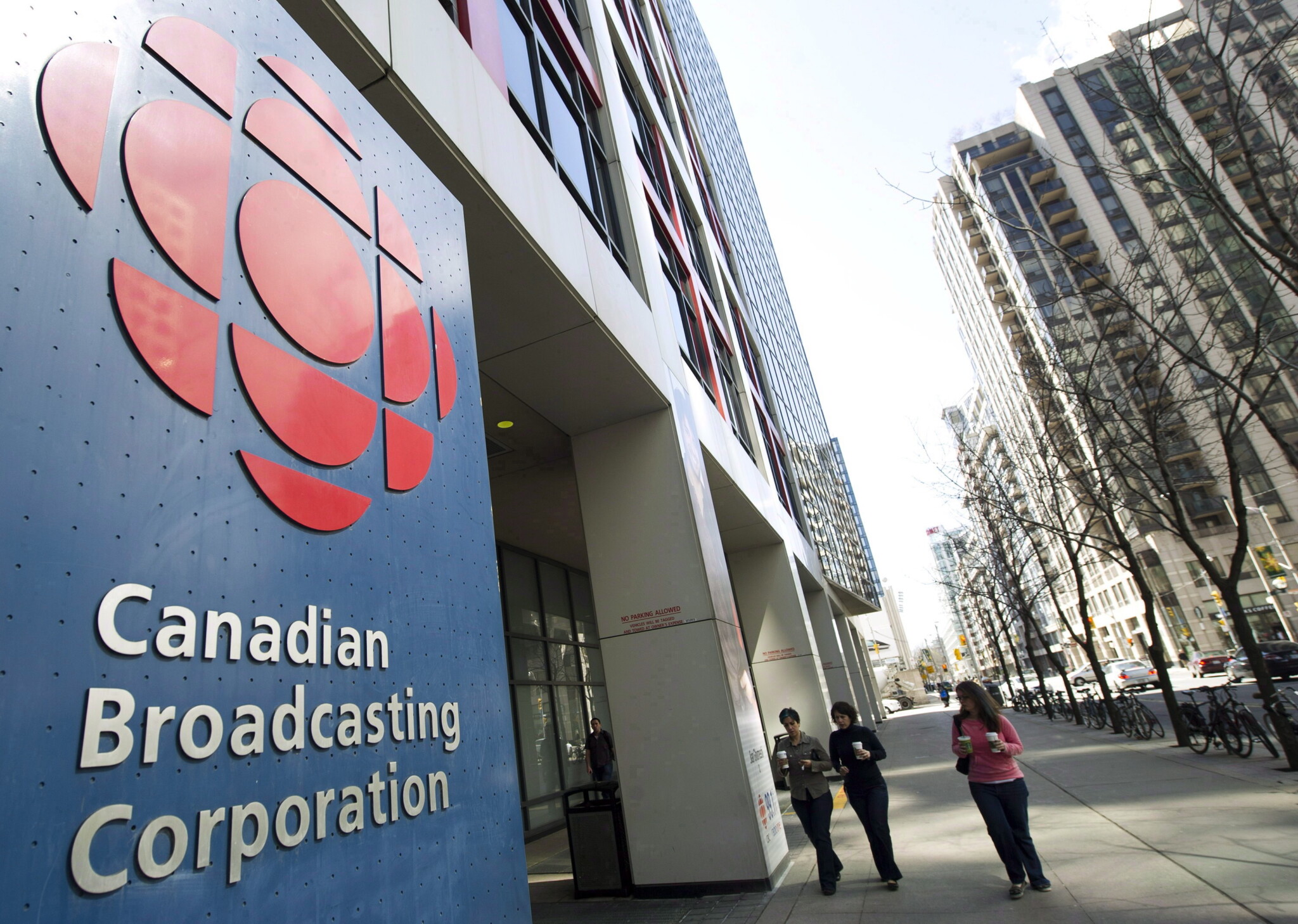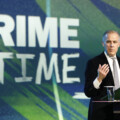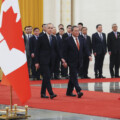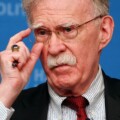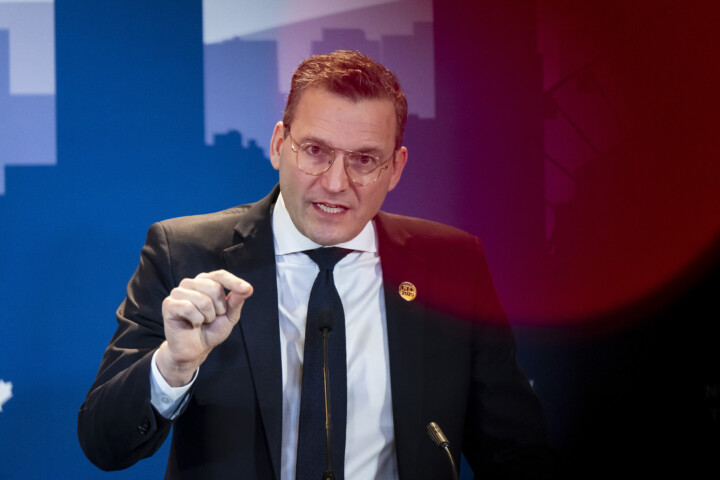The mostly white people running Canada’s two largest broadcast news organizations seem to be having problems coping with diversity, equity and inclusion.
For years, media executives have bowed before the altar of that trinity of sacred ambitions and helped perpetuate former prime minister Justin Trudeau’s insistence that Canada is a systemically racist nation. Now they are forced to ponder the likelihood that their careers could be sacrificed on the same dais. And all because they may have failed to grasp what diversity really means.
This week, it’s the honchos at CBC whose summer sleeps have been stripped of their usual pleasantries thanks to the rhetorical hammer former CBC News Network host Travis Dhanraj used to announce his departure to colleagues and, shortly afterwards, the nation.
Claiming his resignation was anything but voluntary, Dhanraj wrote an email insisting he was a victim of “tokenism masquerading as diversity, problematic political coverage protocols and the erosion of editorial independence”, and that he was forced to “navigate a workplace culture defined by retaliation, exclusion and psychological harm.”
“What happens behind the scenes at CBC too often contradicts what’s shown to the public. Performative diversity, tokenism, a system designed to elevate certain voices and diminish others,” Dhanraj stated in his resignation letter.
His lawyer, Kathryn Marshall, indicated she would be swiftly filing a lawsuit as well as human rights complaints on her client’s behalf. The inclusion of the latter institution leads one to believe the matter isn’t just one of Dhanraj being forced out due to his demands for balanced editorial treatment of conservative or contrarian issues and politicians. Human rights commissions deal with matters of racism, and Dhanraj, who was born in Calgary and first worked for CBC in Edmonton, is of Indo-Caribbean descent.
His case, which CBC spokesperson Kerry Kelly said the broadcaster “categorically rejects,” appears to boil down, at least in part, to an allegation that his employer considered him to be the wrong kind of brown guy. It is easy to conclude from his comments that while the Mother Corp has all the time in the world for visible diversity when it comes to Black Indigenous People Of Colour (BIPOC) and sexual minorities, it’s a different story when it comes to the actual ideas these people hold. CBC’s tolerance for ideological equity and intellectual inclusion is limited.
While this “public attack on the integrity of CBC News” was something that, according to Kelly, “saddened” Dhanraj’s former employer, it made him a hero to conservatives who have long complained the Crown corporation bears a prejudice towards them and their causes.
But they should be careful about rushing to conclusions. Dhanraj’s complaints may delight by confirming their opinions, but there are always at least two sides to a story (even though in his blog last week, CBC editor-in-chief Brodie Fenlon insists that is not always the case).
Commentators on the right, however, didn’t hesitate. They took full advantage of the CBC’s blushes, joining the chorus by adding their voices to those of Dhanraj and Marshall to decry their competition’s imbalance while proudly displaying their own. The irony that one publicly-funded outlet could be demanding balance from another publicly-funded entity because it is publicly funded was not lost on me. But among the more compelling voices was that of Julia Malott, a transwoman who doesn’t run with the herd. She expressed gratitude in the National Post for Dhanraj’s willingness to allow their contrary views to be part of his (now cancelled) show.
Dhanraj isn’t the first journalist of colour to run into trouble with a publicly licensed employer for not complying with managerial expectations. Jamil Jivani, now the Conservative Member of Parliament for Bowmanville-Oshawa North, made a similar case against Bell Media following the termination of what was clearly an unhappy spell for him as the only full-time black host on that company’s Newstalk 1010 and iHeart radio network.
“There was an expectation that because he’s Black he should have been saying and doing certain things—because in Bell’s mind he was checking this token box, and when they realized they weren’t getting the kind of Black man they wanted, that’s when he was out the door,” said his lawyer at the time—the same Kathryn Marshall who is now representing Dhanraj.
She said it was “outrageous” that white media executives used diversity as a wedge to fire their only black radio host.
That matter was, in the end, quietly settled. The same hush could not save Bell’s blushes in the matter of Patricia Jaggernauth, an Emmy award-winning host who dragged the vertically-integrated behemoth before the Canadian Human Rights Commission.
That case was not related to editorial perspectives, but was focused on what the commission referred to as “a pattern of discrimination in pay,” which, when you think about it, doesn’t exactly lighten the DEI load.
Dhanraj said in his departure letter that he “was fighting for balance” and in response was “accused of being on a ‘crusade.’”
Both can be true.
And if they are, that’s exactly the sort of crusade the nation needs to bring real diversity, balance, and objectivity to its newsrooms. Let’s go.
